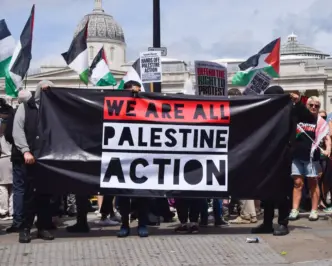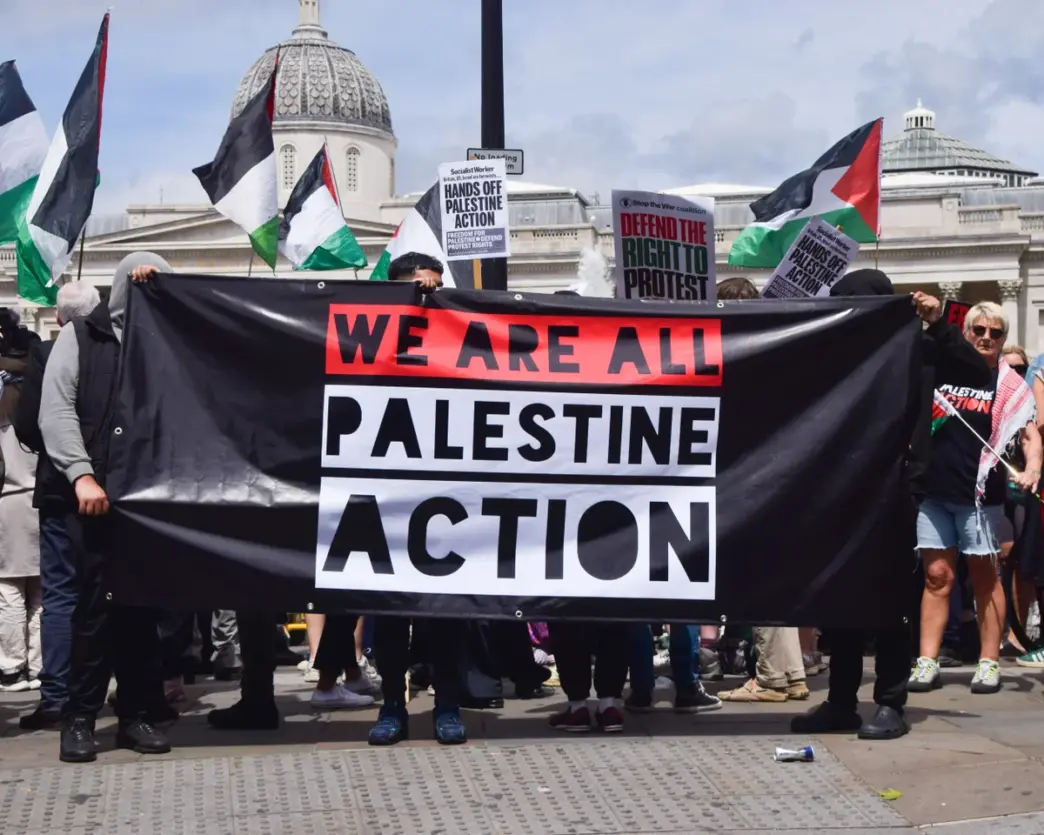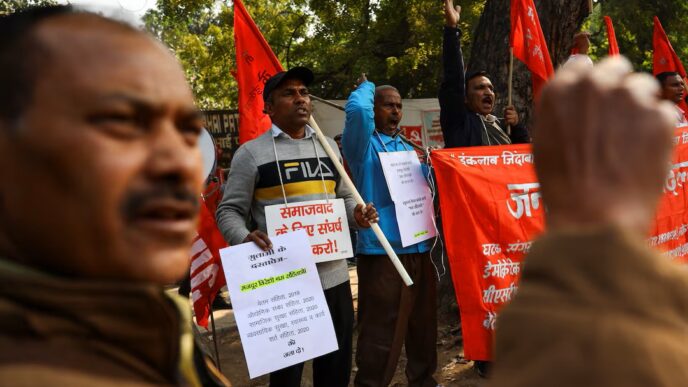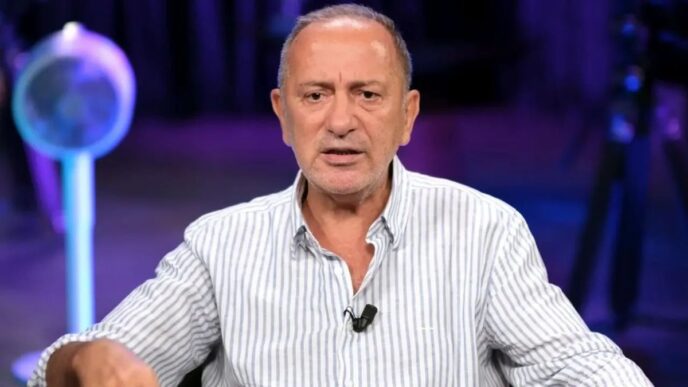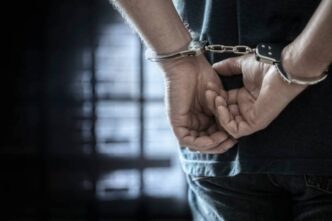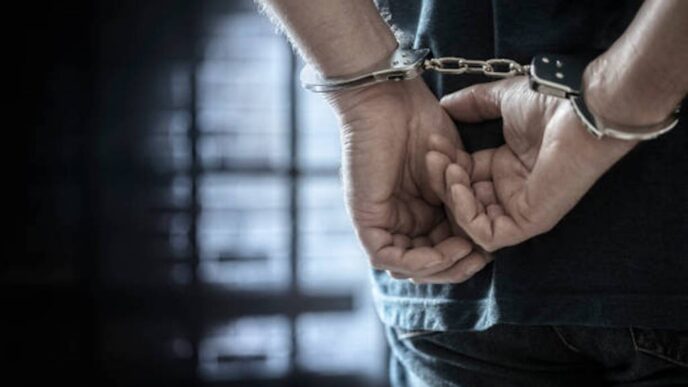A legal challenge has been launched at the High Court against the UK government’s decision to outlaw Palestine Action.
This move has triggered thousands of arrests and drawn criticism from human rights bodies at home and abroad.
The group’s co-founder, Huda Ammori, began proceedings on Wednesday seeking to overturn the ban, which makes membership and public support for Palestine Action a criminal offence punishable by up to 14 years in prison.
Campaign group Defend Our Juries claims at least 2,300 people have been detained since the group was formally proscribed earlier this year.
The decision has attracted strong condemnation internationally.
UN human rights chief Volker Turk has described the measure as excessive, while the Council of Europe has warned that it places unreasonable restrictions on the right to protest.
Ministers moved to outlaw the organisation in July under the Terrorism Act 2000, shortly after activists broke into a Royal Air Force base in southern England.

Prosecutors allege the group caused damage worth around £7 million to two military aircraft.
At the start of the two-day hearing, Ammori’s legal team argued the ban conflicts with Britain’s long-standing traditions of lawful protest and civil resistance.
Her lawyer told the court that Palestine Action does not promote harm against individuals and that no similar campaign group has previously been labelled a terrorist organisation under UK law.
Since the ban took effect, people from all walks of life — including students, retired professionals and clergy — have been arrested at demonstrations in support of the group.
Police say a fraction of those detained have so far been charged with lesser public-order offences.
The Home Office insists the organisation has engaged in deliberate, escalating criminal activity that threatens national security.
Prosecutors have also accused individual activists of violence linked to separate incidents at defence-industry sites.
A small crowd gathered outside the court in protest as the hearing began, warning that the case had major implications for civil liberties.


 Trending
Trending 
